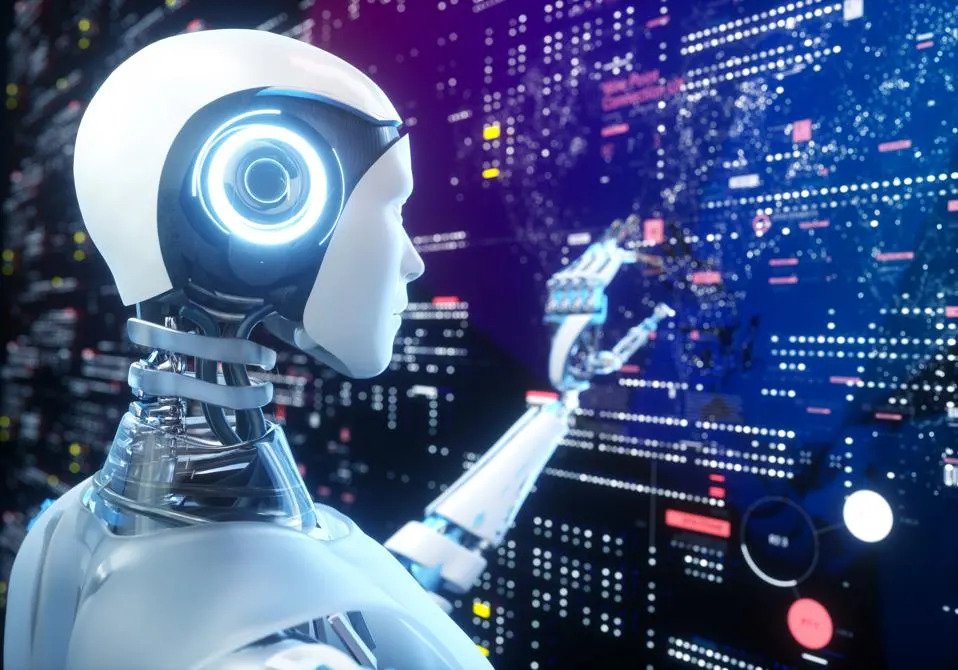Will AI Completely Replace Human Workers?
(This article was partially generated by AI. You can test it on ZeroGPT.cc)
In recent years, there has been a growing concern that artificial intelligence (AI) will eventually replace human workers, leading to mass unemployment and economic upheaval. While it's true that AI is already starting to automate certain tasks and industries, the answer to whether it will completely replace human workers is more nuanced than a simple yes or no.
Firstly, it's important to note that AI is not a monolithic entity that can simply replace all human labor. Rather, AI is a collection of technologies and tools that can augment and enhance human capabilities in a variety of fields, such as healthcare, finance, and manufacturing. For example, AI-powered medical devices can help doctors diagnose diseases more accurately, while AI algorithms can help financial analysts identify investment opportunities.

In some cases, AI may even create new job opportunities that did not exist before. As AI becomes more prevalent in our daily lives, there will be a need for people to design, develop, and maintain these systems. Furthermore, as AI frees up human workers from menial and repetitive tasks, they can focus on more creative and high-level work that requires human judgment and decision-making skills.
However, it's also true that AI has the potential to displace certain types of jobs that are currently performed by humans. For example, autonomous vehicles could eventually replace truck drivers, while chatbots and virtual assistants could replace customer service representatives. In these cases, it's likely that the workers who are displaced will need to acquire new skills and transition to new industries in order to remain competitive in the job market.
Another factor to consider is the pace of technological change. AI is advancing at an unprecedented rate, and it's difficult to predict exactly how it will affect the job market in the coming years. Some experts believe that AI will eventually create more jobs than it displaces, while others believe that it will lead to widespread unemployment and economic instability. Ultimately, the outcome will depend on how we as a society choose to regulate and adapt to these technological changes.
In conclusion, it's unlikely that AI will completely replace human workers in the near future. While AI will undoubtedly automate certain tasks and industries, it will also create new job opportunities and enhance human capabilities. However, we must also be aware of the potential for AI to displace certain types of jobs and the need for workers to acquire new skills and transition to new industries. Ultimately, the key to a successful transition to an AI-enabled future will be our ability to adapt and embrace change.